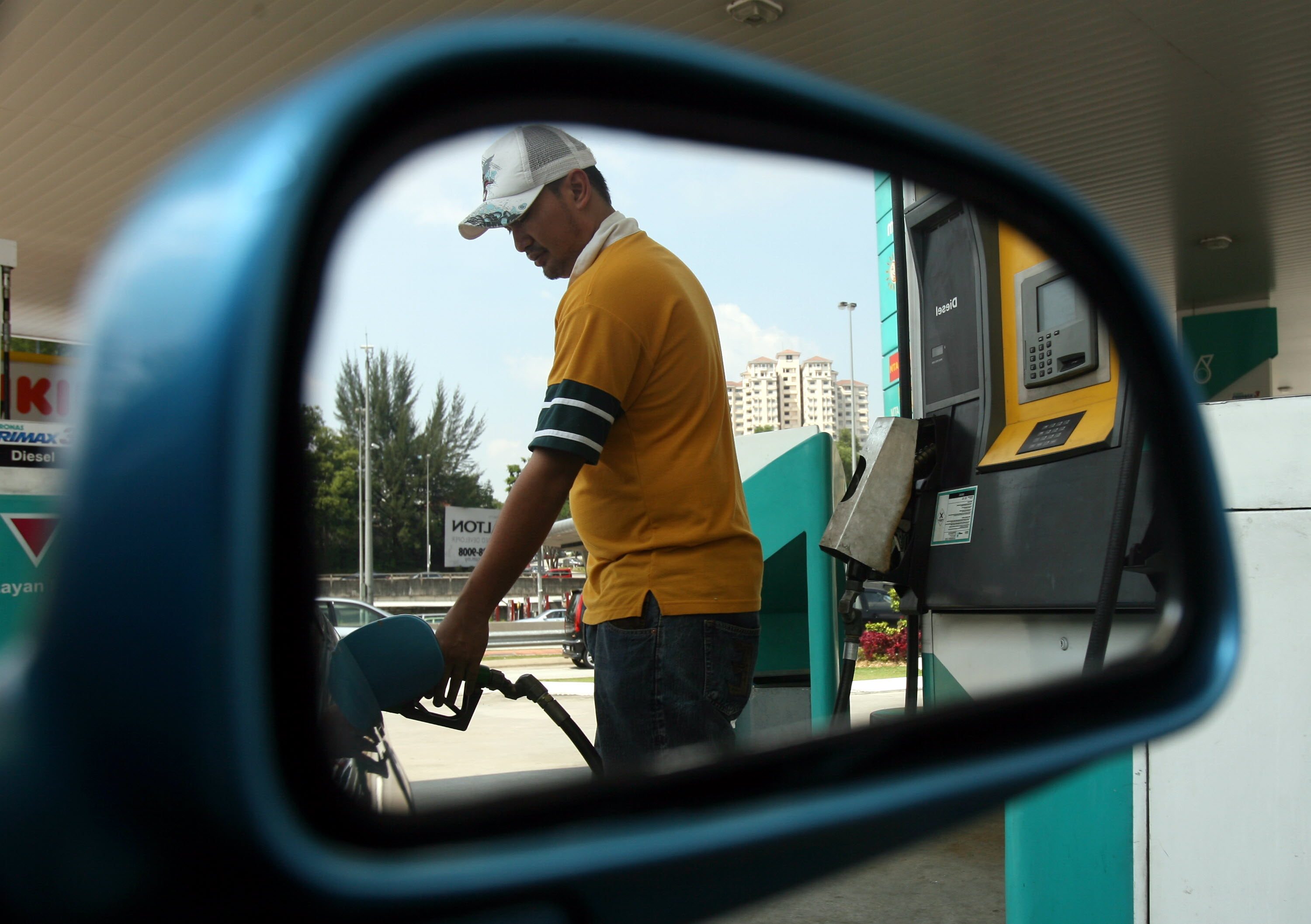Malaysia’s Anwar flip-flops on petrol subsidy cuts: ‘no means yes’?
Malaysians have taken to social media to question the prime minister’s shifting positions on the planned cuts

Malaysian Prime Minister Anwar Ibrahim sparked confusion as he rowed back on long-threatened plans to slash petrol subsidies just days before the cuts were expected to take effect.
Anwar has faced growing public pushback on concerns over rising living costs as his cash-strapped administration pursues plans to drop blanket subsidies on petrol and impose fresh taxes on imported goods like apples and cod.
But on Thursday, the prime minister said that the government would no longer raise the price of the subsidised RON95 grade petrol after all – even if there was a sharp increase in global crude oil prices caused by the air war between Israel and Iran.
“We are not increasing fuel prices,” he was quoted as saying by national news agency Bernama.

Malaysians were not convinced by Anwar’s assurance, with many taking to social media to question the leader’s shifting positions on the planned subsidy cuts.
“Why do [you] not do as you say and have it looming over our heads?” read one comment responding to a post on Anwar’s latest statement, highlighting the uncertainty felt by the public over their finances.
The government was expected to unveil its plan to restructure its costly petrol subsidies as early as July, a move that could save up to 8 billion ringgit (US$1.9 billion) annually. The savings would go to improving education, healthcare and public services, it had said.
RON95 grade petrol is currently being sold at a fixed price of 2.05 ringgit (48 US cents).
Anwar has been sending mixed signals in recent weeks.
Last month, he promised that the price of RON95 grade petrol would gradually get cheaper while the government charged the estimated four million foreigners in the country the full price.
On Monday, he said there would be “no issue of the RON95 increase affecting 85 to 90 per cent of our people”.
Anwar’s shifting narrative was lampooned by Malaysians, with some equating the acronym of his ruling coalition Pakatan Harapan, PH, to price hikes.
“If he said no [it] means yes,” read a social media by one Rahman Abdul.
Malaysia spent nearly 80 billion ringgit (US$18.9 billion) on subsidies in 2023 – a record – half of which went to fuel. The government cut blanket subsidies for diesel last June, which it expects to save about 7.5 billion ringgit (US$1.8 billion) from its annual budget.